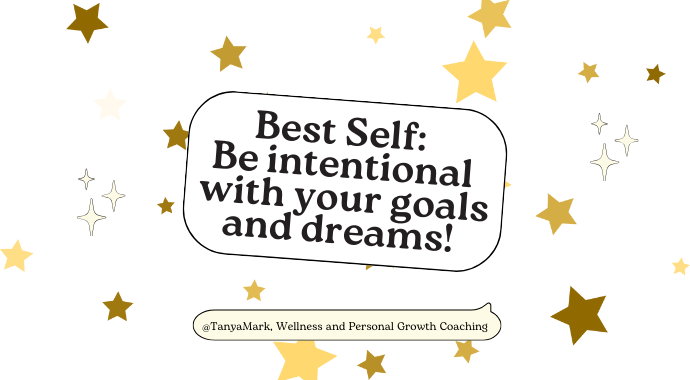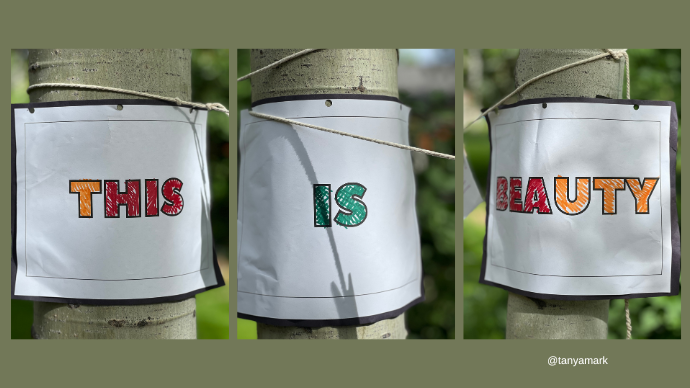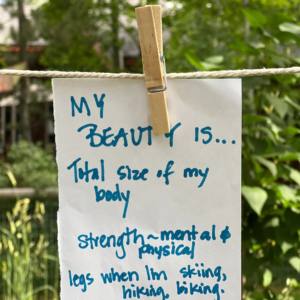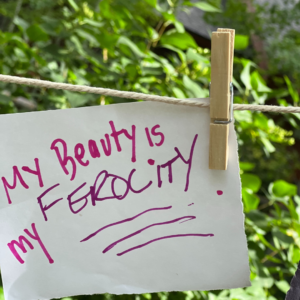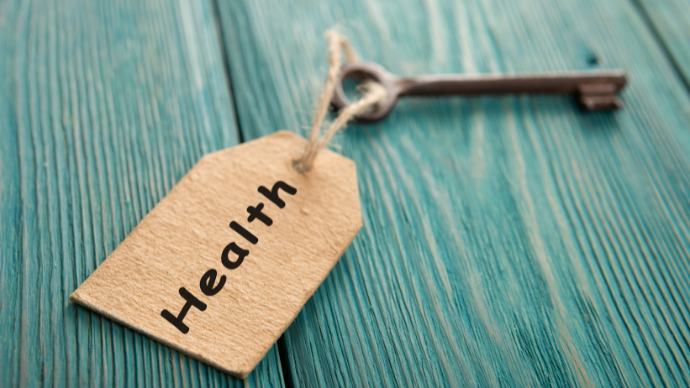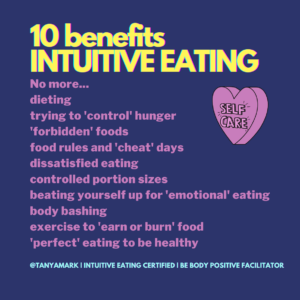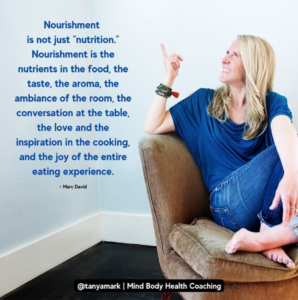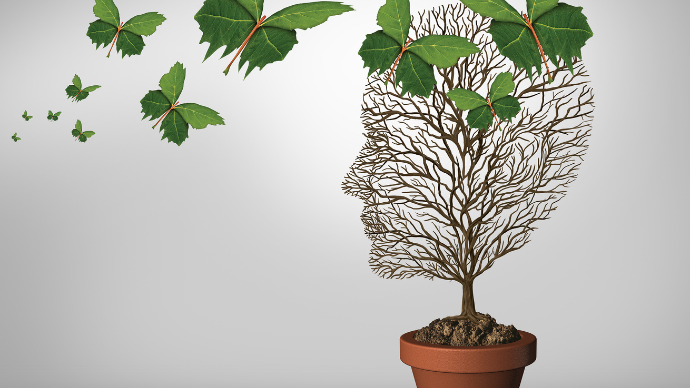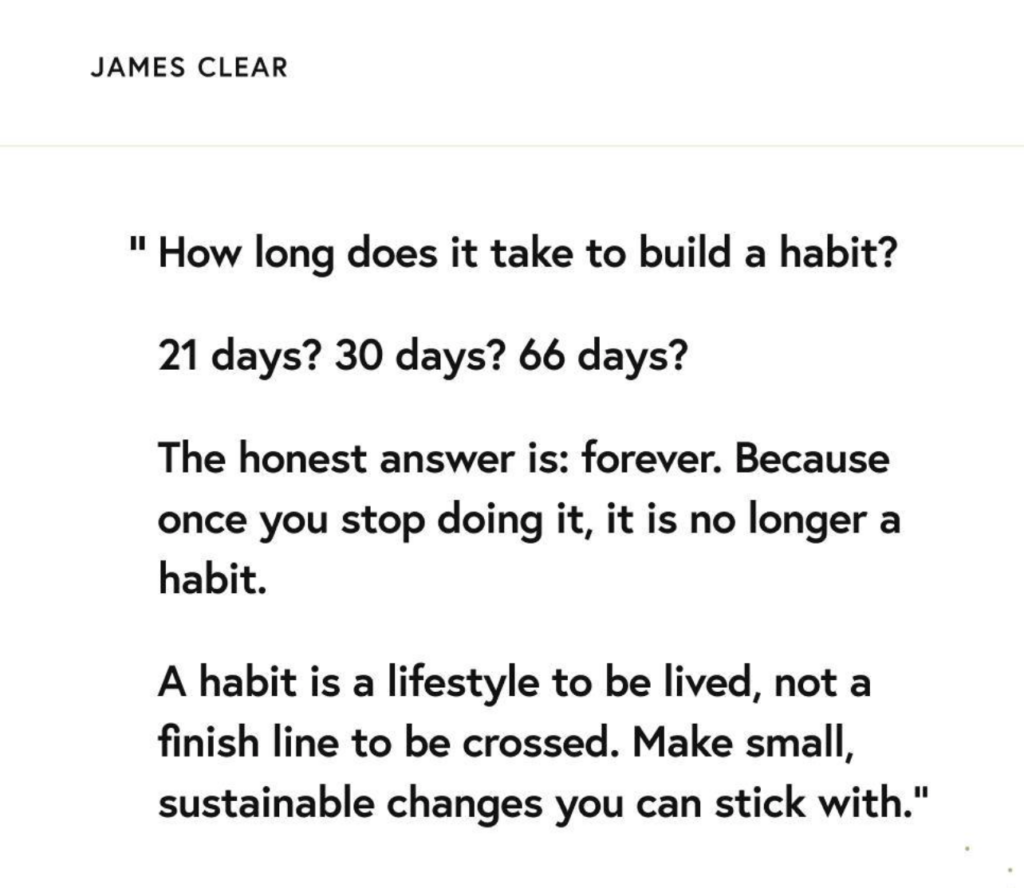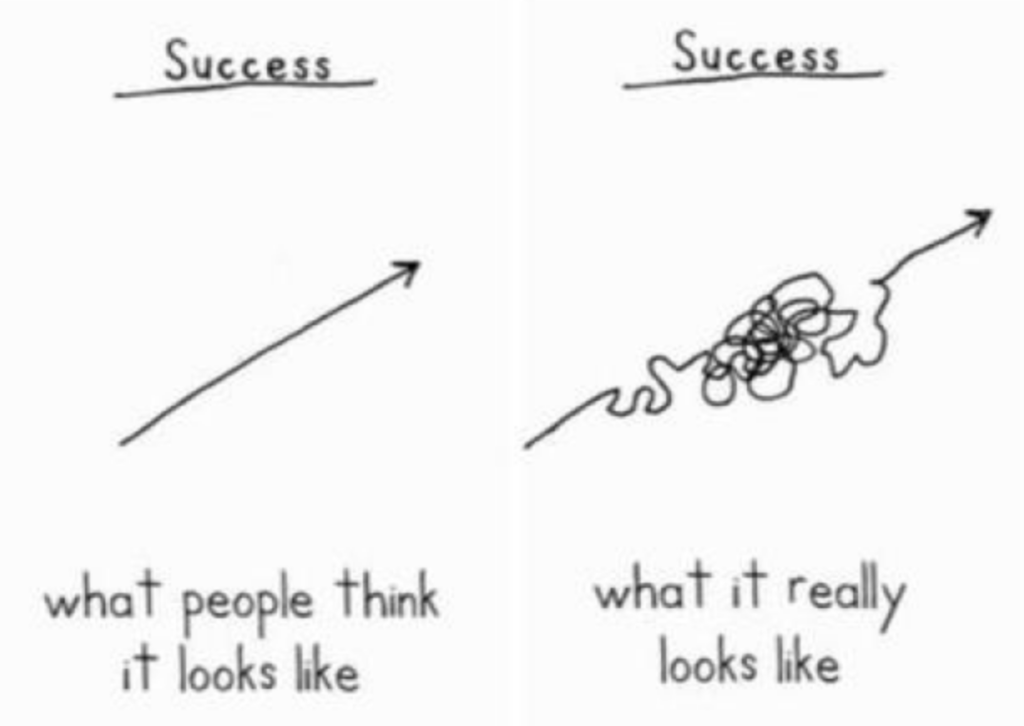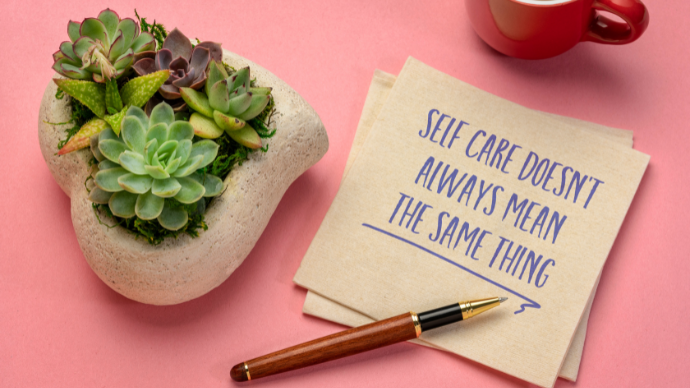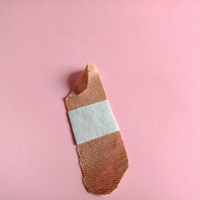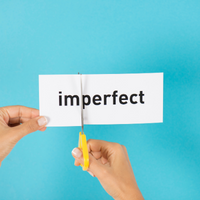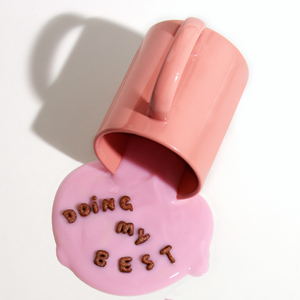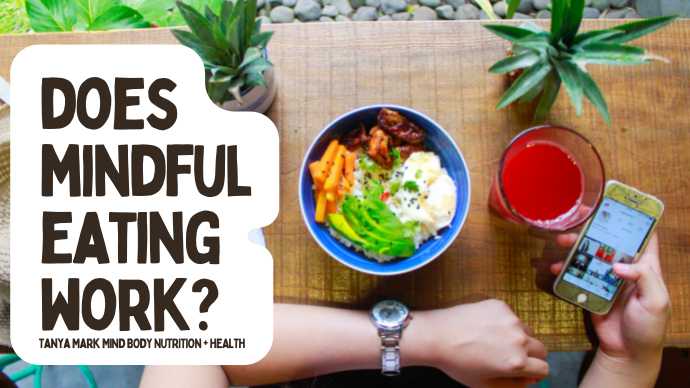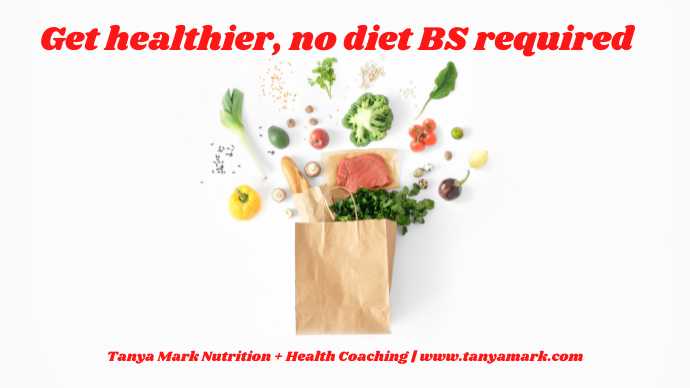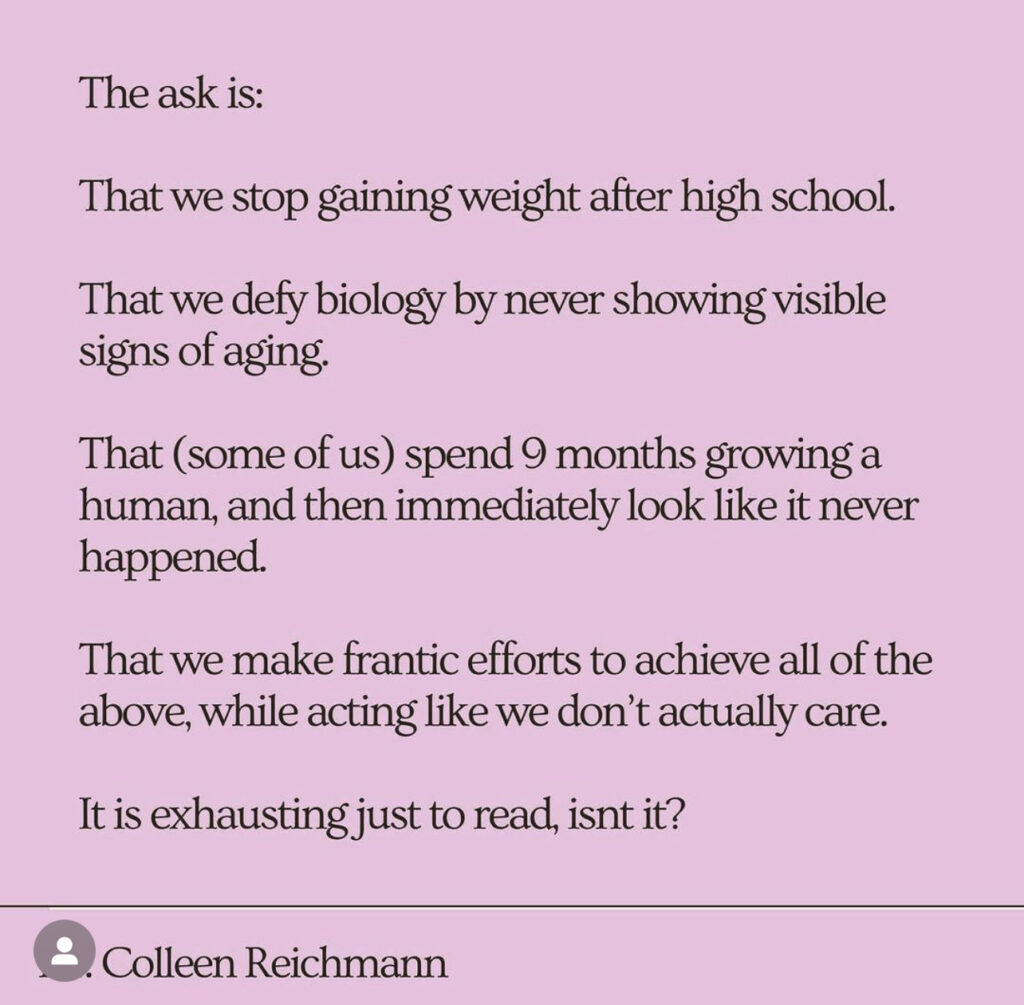Are you truly who you want to be? Is this the life you really want?
How would you answer those questions?
Think about your daily life.
Are you thriving, or going through the motions?
Are your days full of work, relationships, and activities that are true to your authentic self, or do you feel trapped on a treadmill of responsibility?
If you dream of a better life, now is the time to turn your dream into a reality. And the tools you need are within your grasp, to design a life that is fulfilling on the deepest levels.
I invite you to identify who you are when you’re being your best self.
It’s a foundational piece of your self-care.
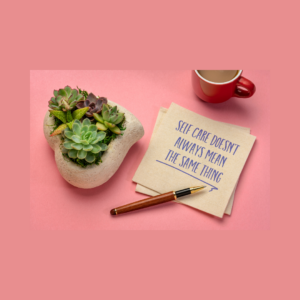
The following exercise is designed to help you identify your “Best Self” and “Anti-Self” personas and develop actionable steps to become more aligned with your Best Self.
Be Your Best Self Exercise
Grab a notebook or journal, pen and find a quiet space. Give yourself the gift of time to explore who you are when you’re being your best self.
5 Steps to Identify Your Best Self
Step 1: Identify Traits of Your “Best Self” by reading over the adjectives below.
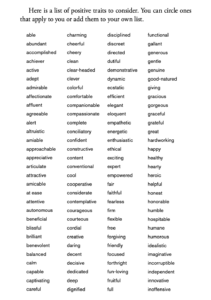
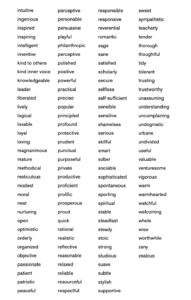
2. Visualize: Close your eyes and visualize a typical day in the life of your “Best Self.” What are you doing? Who are you with? How do you feel?
3. Best Self Story: Write a short paragraph that encapsulates who this “Best Self” is, incorporating the elements you’ve visualized and the adjectives you’ve listed.
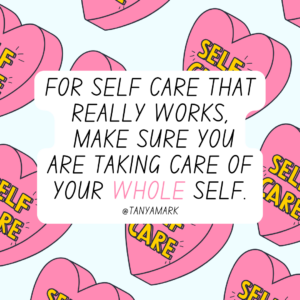
Step 2: Identify Your “Anti-Self”
- Review the words list above. Think the opposite and create your list.
- Anti-Self Triggers: List situations or triggers that often lead you to behave as your “Anti-Self.”
- Anti-Self Story: Write a short paragraph that encapsulates who this “Anti-Self” is.
Step 3: Compare and Contrast
- Analysis: Put the descriptions of your “Best Self” and “Anti-Self” side by side. What stands out to you?
- Interactions: Write down instances where your “Best Self” and “Anti-Self” have clashed. What was the outcome?
Step 4: Actionable Steps
- List Obstacles: What is preventing you from being your “Best Self”? List these barriers down.
- Develop Strategies: For each obstacle, write down at least one strategy to overcome it.
- Set Goals: Based on your strategies, set SMART goals (Specific, Measurable, Achievable, Relevant, Time-bound) that will help you transition from your “Anti-Self” to your “Best Self.”
Step 5: Commit to Change
- Accountability: Share your discoveries and action plan with a trusted friend, family member, or with me as your coach to hold you accountable.
- Review and Revise: Set a time (like Sunday evenings, the first of the month) to review your progress and adjust your goals and strategies as needed.
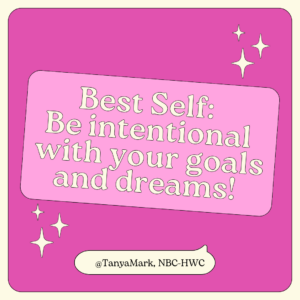
Reflection
After completing the exercise, reflect on the following questions:
- How do you feel after identifying your “Best Self” and “Anti-Self”?
- What was the most surprising discovery you made during this exercise?
- What will be your first step toward becoming your “Best Self”?
Becoming your “Best Self” is continuous process, but with self-awareness and actionable steps make the path clearer.
If you want to define your best self and take action, but vitamin “T” for time is a challenge for you, I invite you to book a “Design Your Future Self 2 Hour Power Session” and we can explore your Best Self together. Get started by shooting me an email!
Coach Tanya


